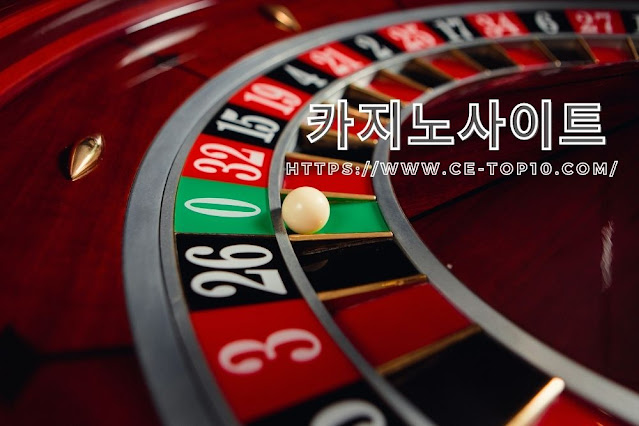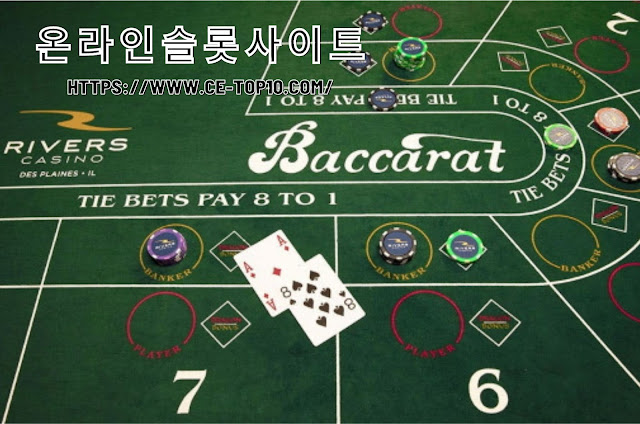2 Gambling Concepts and Nomenclature
2 Gambling Concepts and Nomenclature
Terms used to portray practices in comparable settings or scenes affect how those practices are characterized and seen. Understanding the degree and nature of obsessive betting, just as its social and monetary effect, needs as clear a definition as could be expected. A discrete, adequate, and helpful meaning of obsessive betting would be founded on a classification appropriate in a wide variety of settings (American Psychiatric Association, 1994). Classification alludes to an arrangement of names utilized in a craftsmanship or science and is basic in conceptualizing, examining, and making decisions about obsessive betting and related practices. A classification comprehensive of obsessive betting should be appropriate for use in academic examination, clinical determination and treatment, and local area and other social settings. The terminology should likewise mirror an assortment of points of view since research researchers, therapists, other treatment care clinicians, and public approach producers will in general edge inquiries regarding betting in an unexpected way, contingent upon their disciplinary preparing, experience, and unique interests. Without a settled upon classification, these and different gatherings keen on betting and betting issues have created various standards or world perspectives from which to think about these issues. Thusly, the demonstration of betting has been considered by different spectators to give proof of sporting interest, lessened numerical abilities, misguided thinking, intellectual twists, psychological maladjustment, and moral turpitude. These differed sees have invigorated discussion and debate.
All things considered, the word ''gambling 카지노사이트" alluded to playing unjustifiably or cheating at play. A speculator was characterized as a fake gamester, more keen, or rook who routinely plays for cash, particularly excessively high stakes (Oxford English Dictionary, second version, 1989). In present day times, betting has come to mean betting cash or different assets on possibility exercises or occasions with arbitrary or questionable results (Devereux, 1979). Betting in this sense suggests a demonstration whereby the member seeks after a money related increase without utilizing their abilities (Brenner and Brenner, 1990). This is the word reference meaning of betting too (Oxford English Dictionary, second release, 1989). Since forever, notwithstanding, betting likewise has involved exercises requiring expertise. For instance, a bettor's information on playing procedures can work on their odds of winning in specific games; information on ponies and racers might further develop forecasts of plausible results in a horse race (Bruce and Johnson, 1996). The utilization of such abilities might diminish the haphazardness of the result however, due to different elements that can't be anticipated or dissected, the result stays questionable. As utilized in this report, the expression "betting" alludes both to tosses of the dice that are genuinely irregular and include practically zero expertise that can work on the chances of winning, and to exercises that require the utilization of abilities that can work on the shot at winning. By its actual nature, betting includes an intentional, conscious suspicion of hazard, regularly with a negative expectable worth. For instance, in club betting the chances are against the speculator on the grounds that the house takes its cut; hence, the more individuals bet, the almost certain they are to lose.
Job of Risk-Taking in the Gambling Experience
From the beginning of time, researchers and essayists have speculated regarding why people bet. These clarifications have included transformative, social, strict, monetary, sporting, mental, and sociological points of view (Wildman, 1998). A current and broadly dispersed hypothesis is that individuals take part in gambling 바카라사이트 in light of the fact that it has the ability to make fervor (Boyd, 1976; Steiner, 1970). Individuals look for incitement and attempt to enhance their abstract insight by moving sensations. Sensation-chasing and moving these encounters, as an essential and suffering human drive, can measure up to a youngster's investigation of their current circumstance to foster major dominance of abilities and fulfill interest. The encounters that people consistently look for incorporate curiosity, entertainment, and experience (Zuckerman, 1979; Ebstein et al., 1996; Benjamin et al., 1996). To summarize William Arthur Ward, a twentieth century American thinker, the individual who hazards nothing, has nothing. Without a doubt, it is normal for people to face challenges throughout everyday life. Hazard taking underlies numerous human characteristics that have high importance for developmental endurance, for example, needing and looking for food (Neese and Berridge, 1997). Besides, hazard taking is built up by the enthusiastic encounters that follow, like help from fatigue, sensations of achievement, and the "hurry" related with looking for energy. People change extensively in the degree to which they face challenges. Some breaking point their danger taking to traveling a couple of miles over the posted speed limit, while others effectively seek after hiking, skydiving, or other energizing games with a high danger of mischief.
Betting is neither a monetarily nor a mentally hazard free insight. Notwithstanding the likelihood that speculators will lose their cash, they likewise hazard encountering an assortment of unfriendly natural, mental, and social results from betting (American Psychiatric Association, 1994). Individual goals and the group environment, in any case, can influence the probability of a person's participating in dangerous conduct, since desires will impact the apparent advantages and requirements of the hazardous circumstance. The likely result of wagering animates inborn danger taking inclinations. Despite the fact that special cases exist, games with the most elevated "activity," like high-stakes poker and dice games, fill in as more impressive improvements to speed up a player's danger taking by expanding the result if the bet is won. Indeed, even those not ordinarily leaned to purchase a lottery ticket, for instance, frequently may do as such when a few million dollars in rewards are in question (Clotfelter and Cook, 1989). The straightforward relationship among betting and activity, including the possibilities of "winning enormous," which portrays most famous betting exercises, can keep up with stable betting practices regardless of amazing chances against winning (Lopes, 1987).
Medicalization of Pathological Gambling
Comprehension of the unfriendly results of extreme gambling 온라인카지노 has gone through significant change. For a large portion of history, people who experienced antagonistic results from betting were seen as players with issues; today, we think about them to have mental issues. This change is undifferentiated from the adjustment of the comprehension of drunkards and liquor abuse, and it has been reflected in, or animated by, the developing clinical arrangement and portrayal of neurotic betting in the different releases, somewhere in the range of 1980 and 1994, of the Diagnostic and Statistical Manual of Mental Disorders (called DSM) distributed by the American Psychiatric Association. Changes over the long haul in the DSM mirror a craving to be more logical in deciding fitting standards for obsessive betting by representing its similitudes to different addictions, particularly substance reliance (American Psychiatric Association, 1980, 1987, 1994; Lesieur, 1988; Rosenthal, 1989; Lesieur and Rosenthal, 1991). Today neurotic betting is perceived to be an issue portrayed by a persistent or intermittent loss of power over betting, a distraction with betting and with getting cash with which to bet, unreasonable reasoning, and a continuation of the conduct in spite of unfavorable outcomes.
The authority medicalization of exorbitant betting is set apart by its incorporation in the DSM (American Psychiatric Association, 1980, 1987, 1994). It isn't unexpected, nonetheless, that a few researchers (e.g., Szasz, 1970, 1987, 1991) have protested medicalizing certain socially or socially hostile practices as a general rule, and betting lack of restraint specifically (Rosecrance, 1985).1 Nevertheless, in the United States and somewhere else, albeit not in all countries or societies, individuals with genuine betting issues are currently depicted as experiencing a problem that mirrors a mental sickness or infection state. What's more, notwithstanding critical holes in research and a by and large lacking condition of insightful writing, obsessive betting is known to be a hearty marvel (Shaffer et al., 1997) that additionally is complicated in its starting points and going with messes, and in its negative social and monetary impacts. Additionally, this load of variables can be influenced by conventional, contemporary, and continually arising betting related innovations.





Comments
Post a Comment